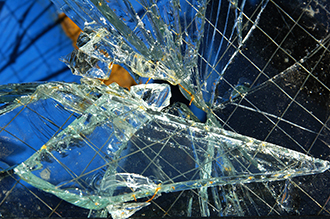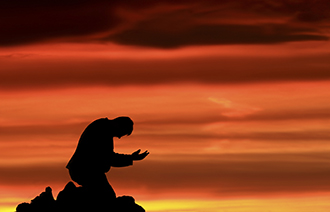 Although religious liberty has been one of the chief tenets of American society since the nation’s founding, the increasing hostility to Christian doctrines infiltrating law are putting it in serious jeopardy.
Although religious liberty has been one of the chief tenets of American society since the nation’s founding, the increasing hostility to Christian doctrines infiltrating law are putting it in serious jeopardy.
The Public Discourse explains how passing laws that penalize Christians is fundamentally opposed to the principles on which the nation was founded, and will eventually destroy the goodness that Christianity has brought to America:
Protecting religious dissent is at the foundation of America’s history and constitutional legacy. As Madison and Adams argued, religion is prior to the claims of the state. It provides the grounding for democracy necessary for ordered liberty. And if religion is prior to the state, its importance looms larger than the state’s reach. This understanding wasn’t a secondary feature to America: it was, arguably, its distinguishing feature. Seen in this light, the Constitution didn’t bequeath religious liberty. Rather, religious liberty helped bequeath a penumbra of other rights that are enshrined in our Constitution.
America stands to lose everything on which it was built by attacking religious liberty. Furthermore, by uprooting our Christian principles, we are slowly tearing down the institutions that promoted a healthy civil society and ensured robust forms of freedom.
As the statistics bear out, the disconnection of American public morality from Christianity is wreaking havoc on our nation. From skyrocketing rates of non-marital childbearing, to the collapse of marriage, to the pain and misery that result from having multiple sexual partners devoid of commitment, America’s common culture and public morality are calcifying the further they depart from the Christian moral tradition. With religion pushed to the margins, further destabilizations will follow.
What’s the result of sending the message that Christians are a threat to civil society? Forget the E pluribus. What’s left is only an unum—“one.” This newfound orthodoxy is monolithic, setting itself up as the arbiter for entrance and participation in the public square. No longer is there a patchwork of difference held together by a commitment to freedom, but a threadbare fabric torn apart by increasing rigidities and hostilities toward Americans who believe that men and women are made uniquely for one another.
Denying true religious liberty communicates that participation in civil society is conditioned exclusively by accepting contested categories for participation in communal life. This reality paves over the conscience by declaring some issues untouchable and beyond debate. Untouchable orthodoxies that are given official government sanction will treat any dissenting voice as an enemy to be vanquished. Secular progressivism isn’t only the enemy of religious liberty and civil society; it is the enemy of reason itself.
…
For the sake of ordered liberty, we must sustain a vibrant civil society that welcomes the rich contributions of religious citizens. To appreciate how religion helps civil society is to appreciate religion for more than its utilitarian goods for society. America’s religious liberty tradition goes deeper than that. Rather, religious liberty must be seen as an inalienable right that rational human beings exercise as inherently free persons. Religious liberty must continue to be framed as a constitutional priority. Legislation must be promoted that treats religious liberty as a pillar of civic freedom, not simply a private piety to be accommodated.
Civic union and peace depend on our ability, as a country, to protect religious liberty. Religious liberty is the core freedom upon which all other freedoms rest. And without the continued contributions of devout Christians to American society, the inhumanity and disintegration we are witnessing politically and morally, will continue.



